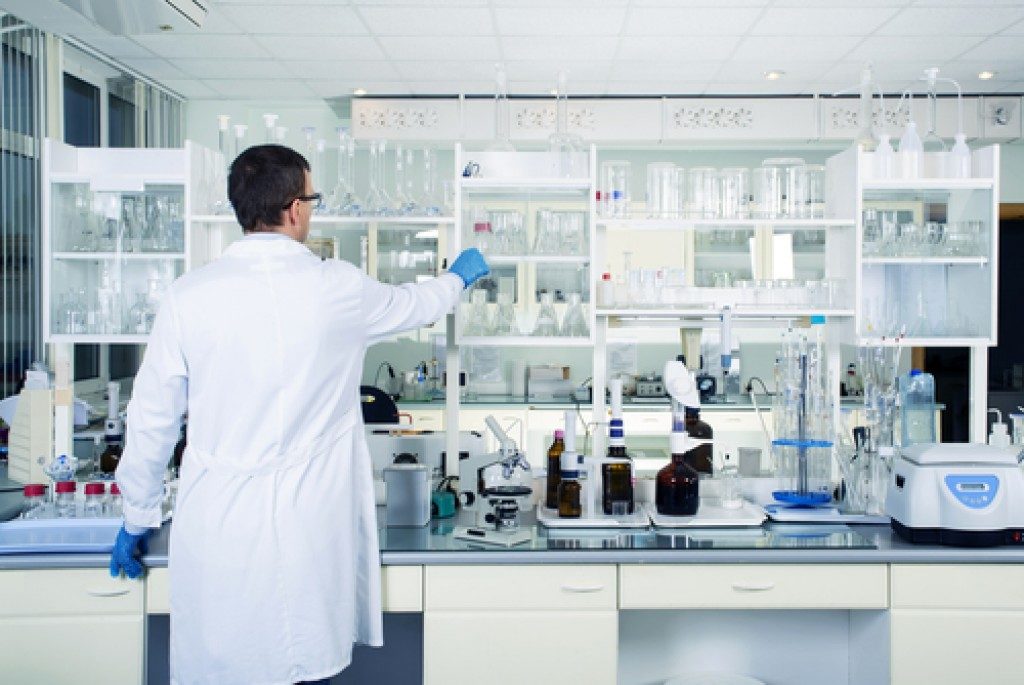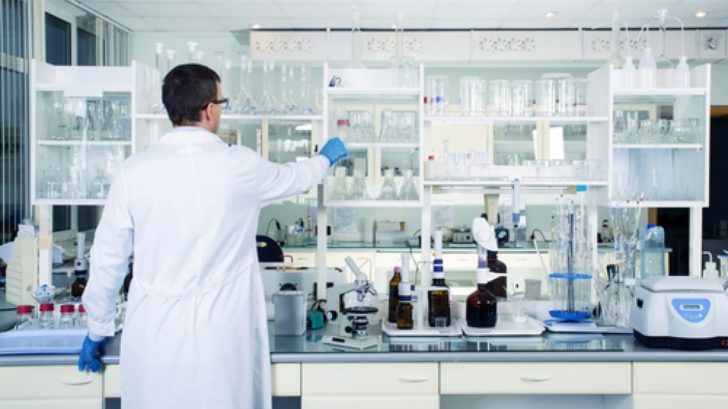
‘Chromatography is a technique used for separating components or solutes in a mixture, the relative amounts of each solute is distributed between a moving fluid stream, called the mobile phase and a contagious stationary phase. The mobile phase may be either a liquid or a gas, while the stationary phase is either a solid or a liquid.’ – (J.C. Giddings, R.A. Keller)
In modern laboratories that utilize chromatography for testing, some have switched from the typical chromatography process that uses a liquid mobile phase to using the SFC (Supercritical Fluid Chromatography) technique utilizes a mobile phase that is neither a gas nor liquid but has combined properties of both states of matter. In this state, the fluid is said to be at it a critical point, which is the temperature and pressure at which the distinctions between liquid and gas can no longer be made.
The change in the mobile phase benefits the chromatography process because it now allows the separation process to occur at more unstable conditions (temperatures and pressure) and without the use of indicators or specific UV and flame detectors.
Several industries have taken advantage of the benefits that the SFC (Supercritical Fluid Chromatography) process provides, several of them have specific uses. Here are a few industries that use the SFC (Supercritical Fluid Chromatography):
The petroleum and petrochemical industries:

Refinery processes that breakdown large hydrocarbon chains into commercial fuels and plastics relies on the chromatography process for testing of individual components in the crude oil stream. Since the nature of petroleum products are highly reactive to increased temperatures and can be volatile in other extrema conditions, the SFC (Supercritical Fluid Chromatography) is used for testing the total olefin content in gasoline and the total aromatic and PNA content present in the crude oil feed.
The petroleum industry is highly regulated by the ASTM (American Society for Testing and Materials), and two classes using SFC (Supercritical fluid chromatography) for fractionation methods have been accepted. Those two are the ASTM D5186 and the ASTM D6550, which have become alternatives to the ASTM D1319.
The pharmaceutical industry:
Big pharma’s have high standards enforced by the FDA (Food and Drug Administration) to ensure that the quality of medicines produced is high. Production requires that pharmaceutical companies can process compounds that are sensitive to heat and can remain unreactive at standard room conditions. To that effect, SFCs (Supercritical Fluid Chromatography) are applied so extreme test can be taken of the chemicals compositions at the most extreme conditions.
The polymer industry:
Polymers play a significant role in our everyday lives; large scale manufactures produce polyolefin, engineering and conventional plastics. Production processes deal with a wide range of raw materials, because of that, SFC (Supercritical Fluid Chromatography) is used to analyze the low molecular weight polymers, monomers, oligomers, and polymer precursors.
The food industry:
During food processing, several chemicals are used from the fertilizers to pesticides and preservatives. These chemicals need to be tested to ensure no negatives effects show up during the food’s life cycle. Specifically, the SFC (Supercritical Fluid Chromatography) is crucial for analyzing fatty acids and triglycerides.





